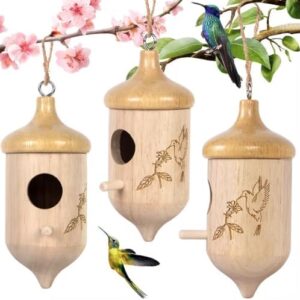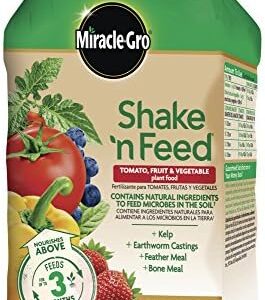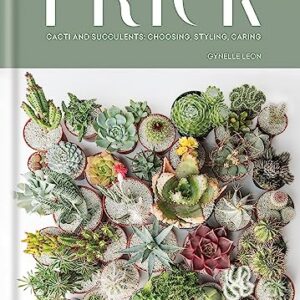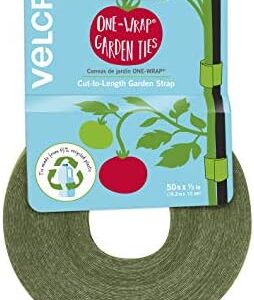When it comes to maintaining a healthy garden, using natural pest control methods can be a game changer. Say goodbye to harsh chemicals that harm the environment and put your health at risk. Instead, opt for natural solutions that keep pests at bay without compromising the well-being of your plants or yourself.
One of the most effective natural pest control methods is attracting beneficial insects to your garden. These insects, such as ladybugs, lacewings, and parasitic wasps, feed on harmful pests like aphids, caterpillars, and mites. By planting a diverse range of flowers and herbs, you can create a welcoming environment for these helpful bugs. Some plants that attract beneficial insects include marigolds, dill, fennel, and yarrow.
Another way to keep pests under control is by practicing companion planting. This involves growing certain plants together that either repel pests or attract beneficial insects. For example, planting garlic alongside roses can help deter aphids, while planting basil near tomatoes can improve their flavor and deter pests. By strategically pairing plants in your garden, you can create a natural barrier against unwanted visitors.
If you’re dealing with a specific pest infestation, there are natural remedies you can use to combat the problem. For example, neem oil is a natural pesticide that is effective against a wide range of insects, including aphids, whiteflies, and spider mites. Simply mix a small amount of neem oil with water and spray it on affected plants to kill and repel pests.
Diatomaceous earth is another natural pest control option that is safe to use around pets and children. This powdery substance is made from the fossilized remains of diatoms and works by dehydrating insects upon contact. Sprinkle diatomaceous earth around the base of plants or in areas where pests are present to keep them at bay.
For those pesky slugs and snails that like to munch on your plants, you can use beer traps as a natural deterrent. Simply bury a shallow container filled with beer in the ground near plants that are being attacked. The slugs and snails will be attracted to the beer, crawl into the container, and drown. Just be sure to empty the traps regularly and refill them with fresh beer.
If you’re dealing with a larger pest, such as deer or rabbits, fencing can be an effective natural solution. A physical barrier made from wire mesh or chicken wire can help keep these animals out of your garden and protect your plants from being eaten. Be sure to bury the fence at least a few inches underground to prevent animals from digging under it.
In addition to using natural pest control methods, it’s important to practice good garden hygiene to prevent infestations from occurring in the first place. Keep your garden clean and tidy by removing debris, fallen leaves, and overripe fruit that can attract pests. Regularly inspect your plants for signs of damage or disease and take action promptly to address any issues.
By incorporating natural pest control methods into your gardening routine, you can maintain a healthy and thriving garden without the need for harmful chemicals. Not only will you be doing your part to protect the environment and your health, but you’ll also create a vibrant and sustainable garden that attracts beneficial insects and promotes biodiversity.
So say goodbye to chemicals and hello to natural pest control in your garden. With a little creativity and effort, you can keep pests at bay while promoting a thriving ecosystem that benefits both your plants and the environment. Your garden will thank you for it!






